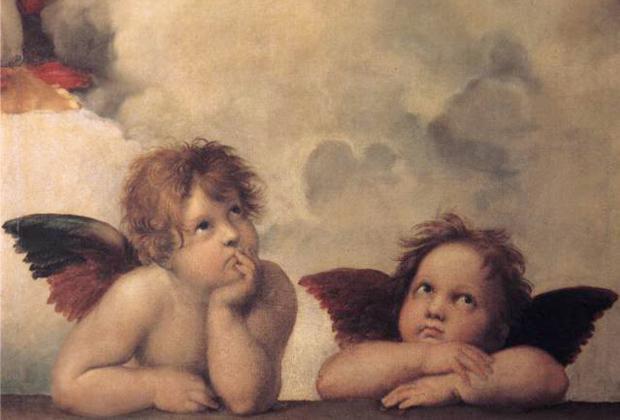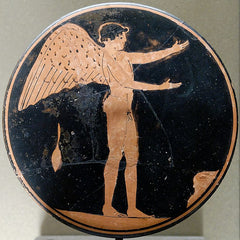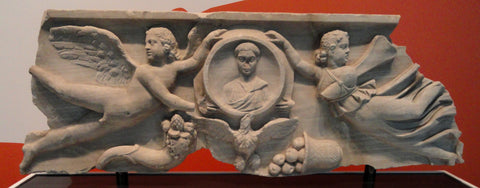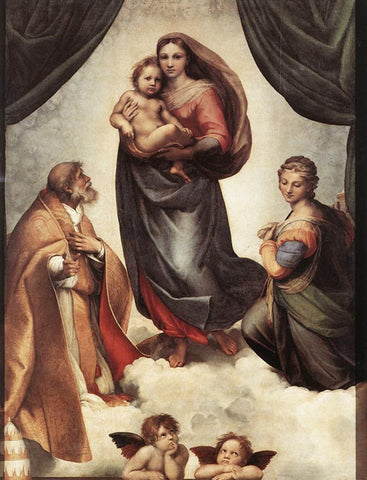
February14
Who is Cupid?
Article by: Joseph Denaburg and Irisa Kahn
Eros – Cupid’s Greek Origins
The original “Cupid” dates all the way back to Ancient Greek Mythology, depicted as the winged God of love and fertility, Eros. Eros famously carried a bow and was armed with two sets of arrows: golden arrows to inspire love and leaden arrows to inspire hate. He was known to fly around and shoot people with arrows, magically inciting conflict and love stories for his own amusement.
As time progressed, Eros’ story shifted dramatically. Eros was originally the son of Chaos, but tradition changed and he was later recognized as the son of Aphrodite, the Goddess of Love, and either Zeus, Ares or Hermes. His earliest depictions are that of a handsome young man, but during the time of Alexander the Great, poets began to reimagine Eros as mischievous child. As time went on, he continued to age in reverse until he finally became an infant during the Hellenistic period (323-31 BC).
How Cupid Got His Name – The Shift From Greek to Roman Mythology
The name “Cupid” comes from the name of the Roman god of love, who seems to be a pretty identical replica to Eros. The most notable difference between Roman the winged child god and his Greek counterpart is that Cupid only had one set of arrows designed to inspire passionate love.
Cherub vs Cupid – Christian Influences Take Over Ancient Tradition
As Christianity began to make it’s way across Europe, the fascination with the winged child god remained. Renaissance artists, most notably, Italian painter, Raphael, included in their work winged babies called “putti”. These winged characters represented pure love and always featured the wings of an angel.
The word “putti” comes from the Latin word “putus”, which means “boy”, but strong Christian influences resulted in people referring to them as “cherubs”, which is a reference to the cherubim angels who were charged with protecting God’s heavenly glory and carrying out God’s will.
Cupid = Love
Like so many themes that have evolved over time, the symbolism behind the Cupid has become a permanent representation of pure love. As Valentine’s Day has continued to evolve over millennia, it is only appropriate that the cherub has evolved as the holiday’s chief mascot: an adorable symbol of purity and love personified in the most logical form, an angelic child. So, while hearts may seem like the main symbol to represent Valentine’s Day, Cupid’s arrow is where that love begins.




